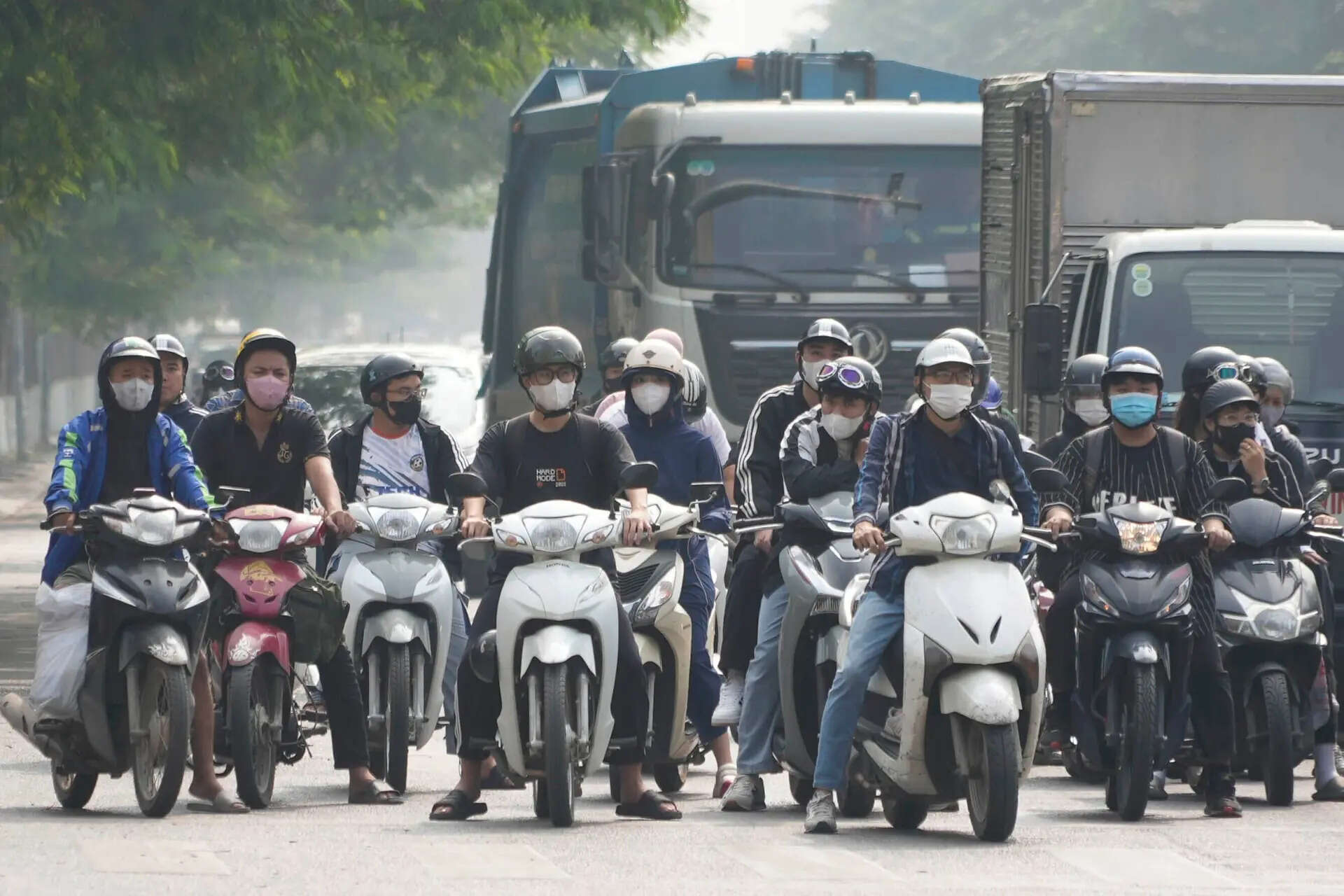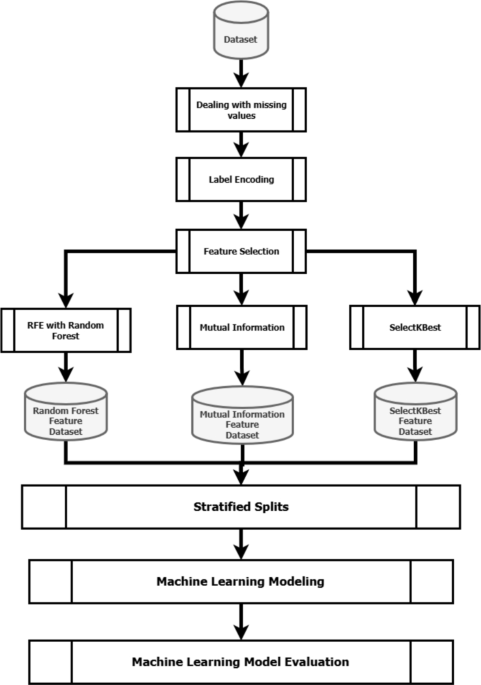Vietnam will ban fossil-fuel motorcycles from central Hanoi over pollution concerns
The directive issued by Vietnamese Prime Minister Pham Minh Chinh applies to the area inside and along the main ring road that encircles the center of Hanoi.

Vietnam will ban fossil-fuel motorcycles and mopeds in the heart of the capital, Hanoi, starting July 2026, as part of a nationwide effort to curb air pollution, state media reported.
The directive issued by Vietnamese Prime Minister Pham Minh Chinh applies to the area inside and along the main ring road that encircles the center of Hanoi. The local government has been tasked with phasing out the two-wheelers by the deadline.
Like the rest of Vietnam, motorcycles are the main mode of transport for most of Hanoi’s 8 million residents. The city has nearly 7 million motorcycles and just over a million cars. But as incomes rise and more people switch to private vehicles, air pollution from traffic has become a growing concern. Hanoi is often enveloped in thick smog, ranking among the most polluted cities worldwide.
Vietnam also wants to switch from fossil-fuel to electric vehicles to cut pollution and tackle climate change. Local EV maker VinFast is leading the shift by holding nearly a fifth of the market share, according to the European Chamber of Commerce. But it still has only a small share of the two-wheeler market.
But many are concerned about the unclear plan for phasing out the vehicles.
Nguyen Van Hung, 62, has spent three decades driving a motorcycle taxi in Hanoi, now working with Grab, a ride-hailing app widely used across Southeast Asia. He worries the ban will hit the working class hardest. “It will affect people who rely on motorbikes to earn a living,” he said, pointing to delivery drivers, commuters and ride-hailing services. “How can people just discard their vehicles?”
Others said that the timeline was unrealistic. Hoang Duy Dung, 32, an office clerk who works in the city center, said he supports cleaner air but believes it is too soon. “We need better public transport and more support before such a big change.”
Central Hanoi is home to much of the city’s business activity, including offices, government buildings and commercial hubs.
A second phase, set to begin in January 2028, will expand the ban to a wider area and include all fossil-fuel two-wheelers, while also restricting some gasoline-powered cars.
Other measures include upgrading waste-treatment plants, using digital tools to monitor pollution and introducing stricter penalties for violators. Whistleblowers could be rewarded for reporting environmental breaches.

You may also like...
Diddy's Legal Troubles & Racketeering Trial

Music mogul Sean 'Diddy' Combs was acquitted of sex trafficking and racketeering charges but convicted on transportation...
Thomas Partey Faces Rape & Sexual Assault Charges

Former Arsenal midfielder Thomas Partey has been formally charged with multiple counts of rape and sexual assault by UK ...
Nigeria Universities Changes Admission Policies

JAMB has clarified its admission policies, rectifying a student's status, reiterating the necessity of its Central Admis...
Ghana's Economic Reforms & Gold Sector Initiatives

Ghana is undertaking a comprehensive economic overhaul with President John Dramani Mahama's 24-Hour Economy and Accelera...
WAFCON 2024 African Women's Football Tournament

The 2024 Women's Africa Cup of Nations opened with thrilling matches, seeing Nigeria's Super Falcons secure a dominant 3...
Emergence & Dynamics of Nigeria's ADC Coalition

A new opposition coalition, led by the African Democratic Congress (ADC), is emerging to challenge President Bola Ahmed ...
Demise of Olubadan of Ibadanland
Oba Owolabi Olakulehin, the 43rd Olubadan of Ibadanland, has died at 90, concluding a life of distinguished service in t...
Death of Nigerian Goalkeeping Legend Peter Rufai

Nigerian football mourns the death of legendary Super Eagles goalkeeper Peter Rufai, who passed away at 61. Known as 'Do...




